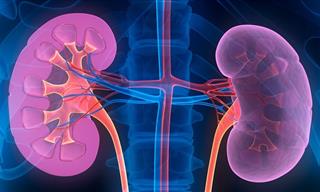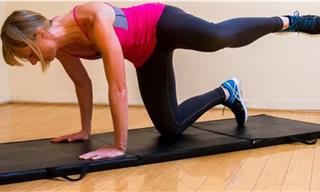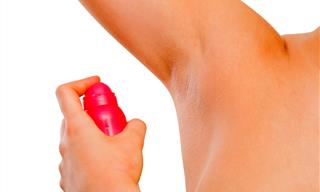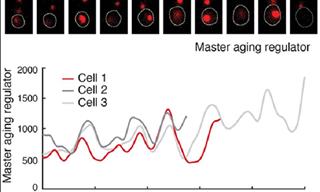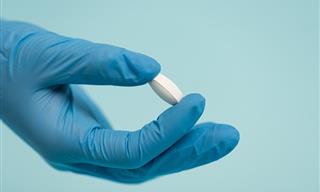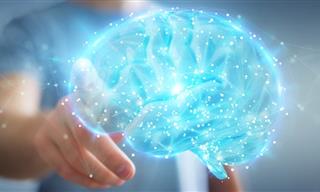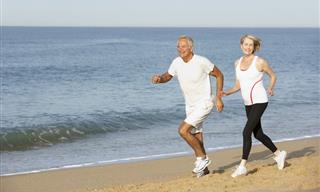In a world of overwhelming amounts of information, where everyone has an honorary doctor’s degree courtesy of search engines and symptom-finding websites, it is often hard to sift between what’s real and what’s myth. Here are eight of the most commonly-held beliefs about health and the body that are actually baseless myths:
1. Brown Sugar Is Healthier than White Sugar
Brown sugar is often mistakenly thought of as more natural or healthier than white sugar because of its color and somewhat more textured flavor. In truth, there is absolutely no difference between the two except for the use of molasses in brown sugar production.
2. Everyone Needs 8 Hours of Sleep
The amount of rest the body needs varies greatly between different people. For children, eight hours might not be enough, while for some adults, eight hours are too much. According to the National Sleep Foundation, the recommended amount of sleep for preschoolers is 10-13 hours a day, for children of elementary school age it's 9-11 hours, teenagers should aim for 8-10 and adults are advised to sleep 7-9 hours a day. Even those ranges aren't set in stone and allow for 1-2 hours more or less than the recommended average.
3. The Appendix Is Useless
Because the function of the appendix is unclear and appendicitis being rather sudden and possibly deadly, there used to be a trend of preventative surgeries to remove appendices. Recently, however, researchers have found out that the appendix may serve as an important reservoir of gut bacteria.
4. The Blood in the Veins Is Blue
This is kind of the fault of biology teachers, as many blood vessel charts distinguish arteries and veins by color-coding them red and blue. Consequently, some people have come to think that oxygen makes blood red, and that without it, it turns blue. In truth, deoxygenated blood is dark red.
5. Pee Is the Best Remedy for Jellyfish Sting
DO NOT PEE ON YOURSELF IN PUBLIC. Most home remedies for jellyfish stings will probably make matters worse. Apply vinegar to the wound and the tentacles and then gently pry them off using tweezers (do not use your hands and do not squeeze them). Douse in hot but not scalding water and you should be good. Or, just use an anti-jellyfish sting spray. Here's a thorough guide as to what to do in case of a jellyfish sting.
6. Alcohol Kills Brain Cells
Overindulging in drinks may cause an oxygen deficit that can in turn damage the synapses, the connections between our nerve-endings and brain-cells. The cells themselves are unharmed in the process. Of course, that doesn't mean drinking isn't hazardous to your cognitive functions, as the synapses are crucial for the operation of our brains.
7. Chocolate Causes Acne and Blackheads
There is absolutely no evidence to support the common wisdom that wonderful, wonderful chocolate is the cause of your skin problems. This was actually disproved as early as 1969, when a team of medical experts put it to the test by giving participants bars of enriched chocolate or a bar that seemed like chocolate but contained no chocolate at all. The results showed no difference in acne between the participants. Struggling with pores and acne? Here are some things you can do.
8. One Hemisphere of the Brain Is More Developed and Determines if You’re Creative or Analytic
This is an incredibly pervasive one. People seem to think that if your left hemisphere is more developed, you’re prone to be an artist and if it’s the right one, you’ll be good at solving math problems. It’s true that the two hemispheres serve different functions, but in all people, both hemispheres are equally developed, and things such as creativity cannot be traced to a single point in the brain and span both hemispheres.
 Go to BabaMail
Go to BabaMail



















